MS Contin: Uses, Side Effects, Interactions
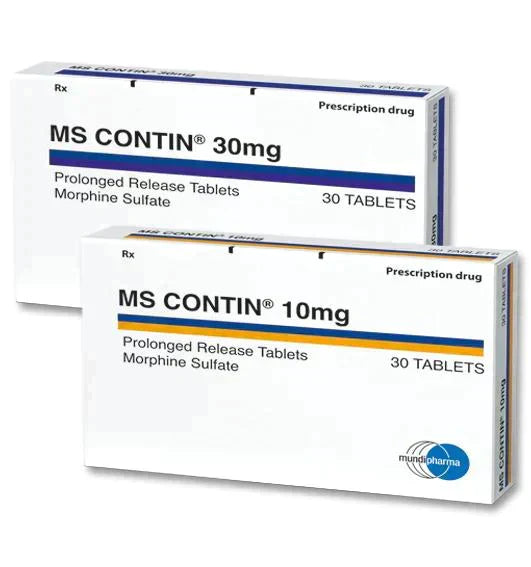
Related products
MS Contin

Side Effects
Among the side effects that are most frequently reported are:
nausea
vomiting
constipation
dizziness
weakness
drowsiness
sweating
headache
Mechanism of Action
While it can bind to other opioid receptors at higher doses, morphine sulfate is a full opioid agonist with relative selectivity for the mu-opioid receptor. The human brain and spinal cord contain discretely spaced-out mu-binding sites that play a role in analgesia, reward, habituation, tolerance, and dependence. Although the exact mode of action of MS Contin is unknown, it is thought that, like other opioids, it binds to mu receptors in the central nervous system and/or other structures that modulate pain perception, sending inhibitory impulses down descending pain pathways in the brain stem, increasing the pain threshold and producing analgesia.
Dosage and Administration
MS Contin is prescribed to treat chronic pain that is severe enough to require daily, round-the-clock opioid treatment and for which no other treatments are effective.
Interactions
Lower plasma concentrations of morphine may occur when MS Contin is used concurrently with CYP3A4 inducers or when a CYP3A4 inhibitor is stopped, which may also lessen the effectiveness or signs of opioid withdrawal.
Cytochrome P450 enzymes, particularly CYP3A4, metabolize MS Contin to produce the active metabolite M3G as well as the inactive metabolites M6G and normorphine. Phase 1 (oxidation) and phase 2 (conjugation) reactions are both a part of the metabolic pathways for morphine.
Inhibitors of CYP3A4:
When MS Contin is used concurrently with strong or moderate CYP3A4 inhibitors, the plasma concentration of morphine may rise. This could amplify or prolong negative effects and lead to potentially fatal respiratory depression.
Inhibitors of CYP2D6:
Increased plasma concentrations of morphine may occur when MS Contin is used concurrently with CYP2D6 inhibitors.
Warnings and Precautions
Patients with significant respiratory depression, acute or severe bronchial asthma in an unmonitored setting or without resuscitative equipment, known or suspected gastrointestinal obstruction, including paralytic ileus, and hypersensitivity to morphine or other opioids (e.g., anaphylaxis), should not take MS Contin.
When a doctor or pharmacist is worried about an elevated risk of misuse, abuse, or diversion, they should take this into account before prescribing or dispensing MS Contin.
Alternatives
Alternatives to MS Contin that are also long-acting opioids include oxycodone, hydromorphone, and fentanyl.
Long-term effects of opioids
Opioids' long-term effects can have negative psychological and physical effects. The following are a few of the most typical physical effects:
lower levels of testosterone
reduced libido
impotence
diminished sperm count
infertility
hormonal irregularities
muscle tremor
osteoporosis
gaining weight
Opioids' chronic psychological side effects may even be more detrimental. The following are some of the most typical psychological effects:
anxiety
depression
mood changes
irritability
rage
psychosis
paranoia
Is oxycodone more effective than MS Contin?
Since every individual will react differently to various medications, there is no conclusive answer to this question. Some people might discover that oxycodone works better than MS Contin, while others might discover the opposite to be true. The best medication for you will ultimately be determined by working with a healthcare professional.
















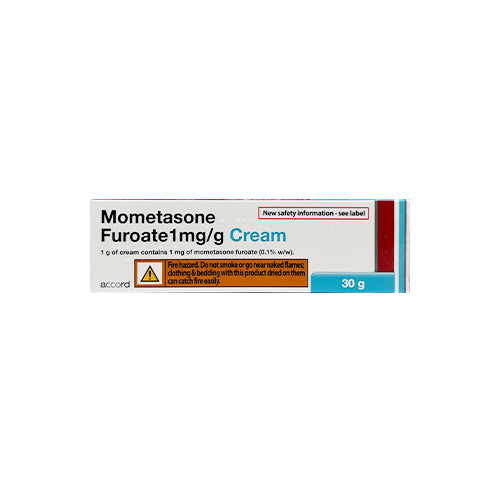
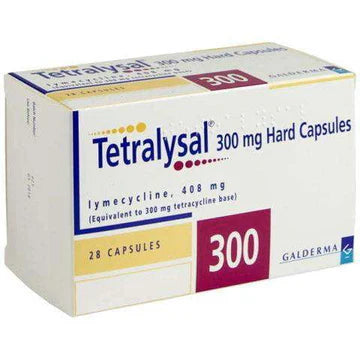

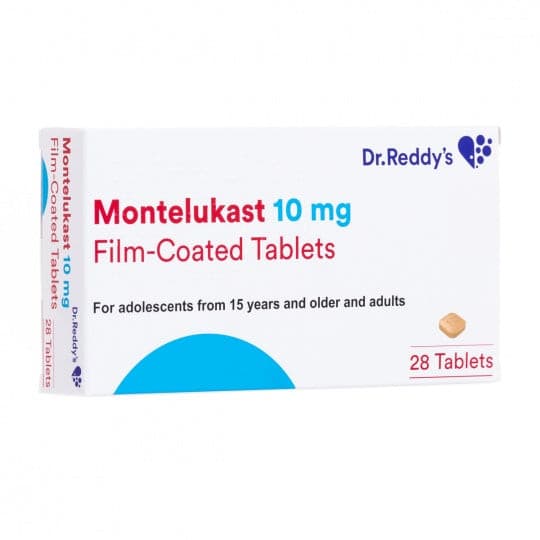

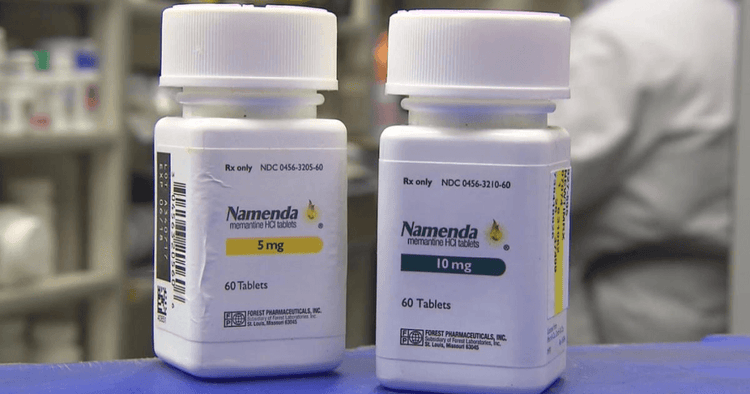
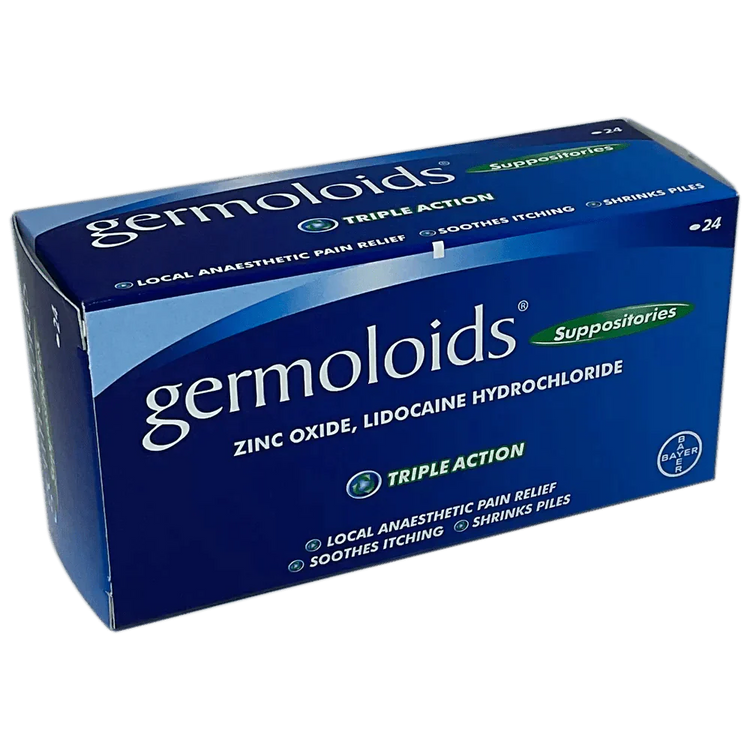

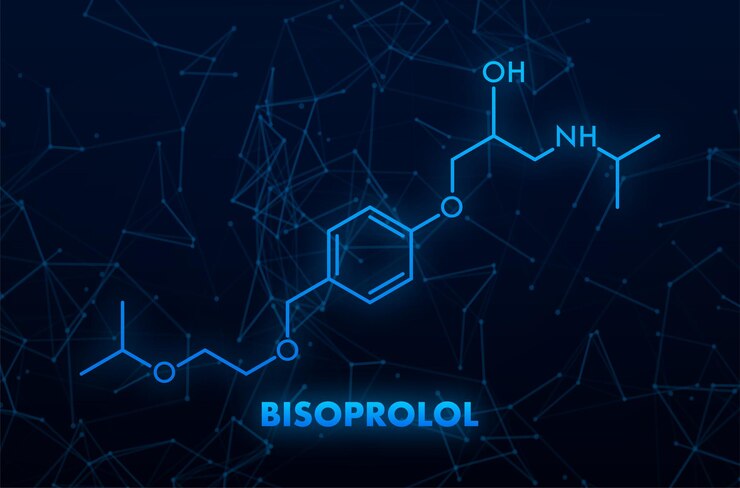
 Rated Excellent by 26,523+ Reviews
Rated Excellent by 26,523+ Reviews